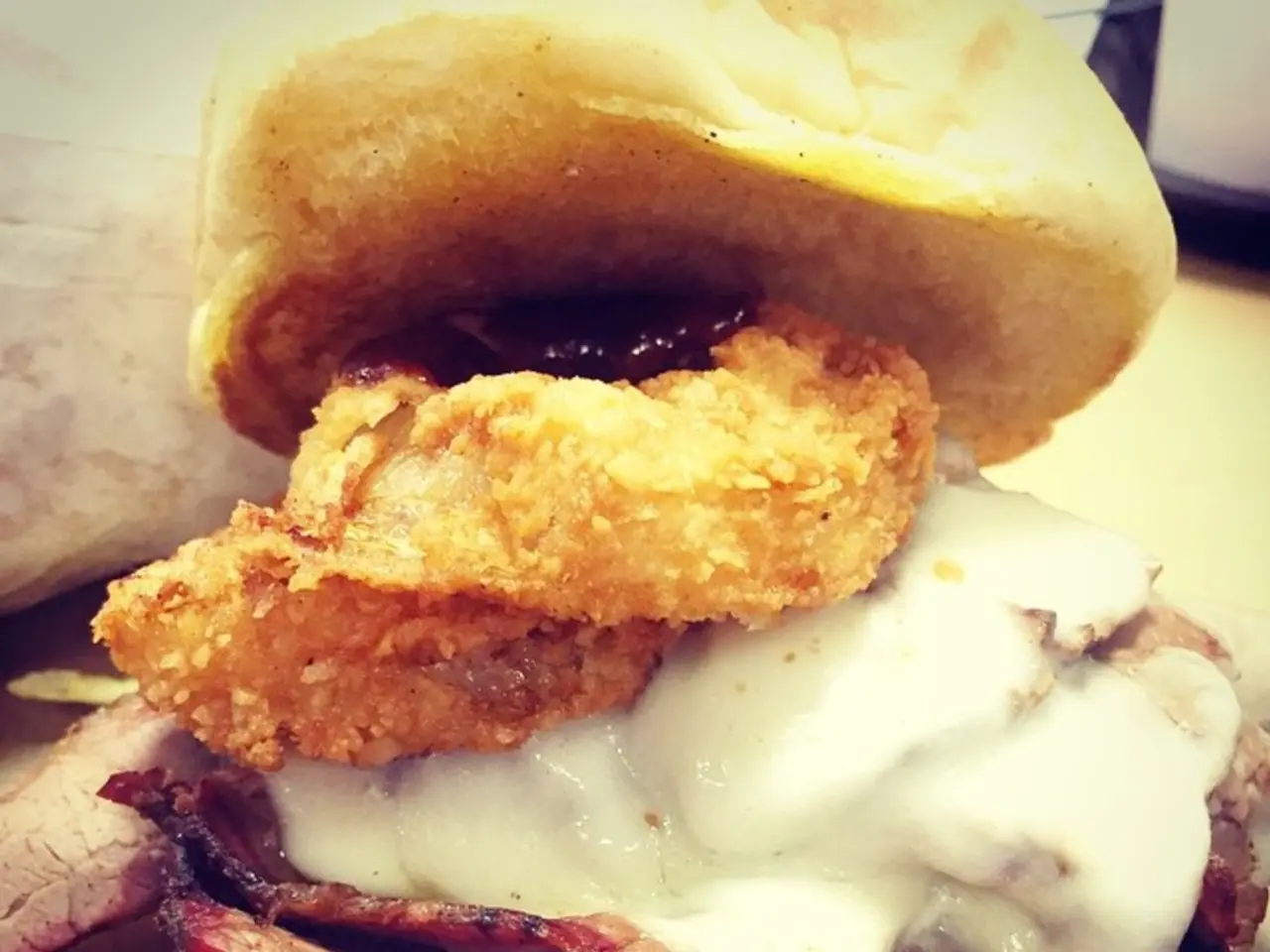Lactose intolerance potentially causing disturbing sleep patterns?
Recent research has shed light on the relationship between certain foods, sleep quality, and the frequency or severity of nightmares, particularly among people with lactose intolerance. The study, conducted at MacEwan University in Canada, recruited over 1,000 students to gather data on sleep quality, dreams, nightmares, food tolerances, and allergies.
Key Foods Associated with Nightmares and Sleep Disturbances
The study found that dairy products, such as cheese and milk, are strongly linked to nightmares and poor sleep quality, especially in individuals who are lactose intolerant. The mechanisms are thought to be digestive: lactose intolerance can trigger gastrointestinal symptoms such as gas, bloating, and pain during the night, which disrupt sleep and may lead to more vivid or disturbing dreams.
Sweets and sugary foods were another food group that made dreams more disturbing or bizarre for many participants. While not as strongly associated as dairy, especially among lactose intolerant individuals, sugary foods were commonly blamed for negative dreams or disrupted sleep. Spicy foods were also mentioned by some participants as potentially increasing the occurrence of bad dreams or sleep disturbances, though the association was not as strong as with dairy.
Impact of Eating Habits and Timing
Individuals who frequently consumed fast food, skipped meals, or ate late in the evening were more likely to experience nightmares and negative dreams overall. Poor diet quality was associated with poorer sleep and more negative emotional content in dreams, even if not classified as full nightmares.
Gender Differences
Women reported more food intolerances, nightmares, and dream recall than men in the studies. They were also more likely to mention food-related sleep issues overall.
Key Takeaway
Consuming dairy, especially for those with lactose intolerance, is most strongly linked to nightmares and sleep disturbances. Sweets and spicy foods can also contribute, but to a lesser extent. Maintaining healthy evening eating habits may help improve sleep quality and reduce nightmare frequency.
Avoiding allergenic foods or adjusting diets to be healthier could serve as a first line of defense against nightmares, especially for food-sensitive individuals. It is recommended to prioritize meeting with a registered dietitian nutritionist (RDN) if food intolerances or allergies are affecting sleep patterns, quality of sleep, and duration.
Eating a well-balanced meal of protein, fat, and carbohydrates until you are satisfied, but not feeling "stuffed," is recommended. Eating before bedtime may increase the risk of nightmares. It is advised to finish dinner and snacking 2 to 3 hours prior to bedtime to ensure a good night's sleep.
In addition to dietary modifications, adequate hydration with water or caffeine-free herbal teas like lemon balm, chamomile, or lavender is suggested, avoiding carbonation or sugar-sweetened beverages. Some causes of nightmares are tied to mental health issues such as PTSD, stress, and anxiety, so addressing these issues may also be necessary for improved sleep quality.
References:
[1] MacEwan University. (2021). Lactose Intolerance Linked to Nightmares and Poor Sleep Quality. Retrieved from https://www.macewan.ca/news/lactose-intolerance-linked-to-nightmares-and-poor-sleep-quality/
[2] University of California, San Diego. (2021). Gender Differences in Dream Recall and Nightmares. Retrieved from https://ucsdnews.ucsd.edu/pressrelease/gender_differences_in_dream_recall_and_nightmares
[3] Harvard Medical School. (2020). Foods That May Affect Your Sleep. Retrieved from https://www.health.harvard.edu/staying-healthy/foods-that-may-affect-your-sleep
[4] National Sleep Foundation. (2019). Late-Night Eating and Sleep. Retrieved from https://www.sleepfoundation.org/articles/late-night-eating-and-sleep
- The study at MacEwan University revealed that dairy products, such as cheese and milk, are strongly connected to nightmares and poor sleep quality, particularly in individuals with lactose intolerance.
- A well-balanced healthy diet free of allergenic foods could potentially serve as a defense against nightmares, especially for individuals sensitive to specific food types.
- The research also showed that sweets and spicy foods may contribute to more disturbing dreams or disrupted sleep, although not as significantly as dairy for the lactose intolerant individuals.
- Consuming a healthy dinner, composed of sufficient protein, fat, and carbohydrates, can aid in sleep quality, but it is recommended to finish eating and snacking 2 to 3 hours before bedtime.
- Addressing mental health issues like post-traumatic stress disorder (PTSD), stress, and anxiety may also be necessary for improved sleep quality alongside implementing well-timed and nutritious eating habits.








